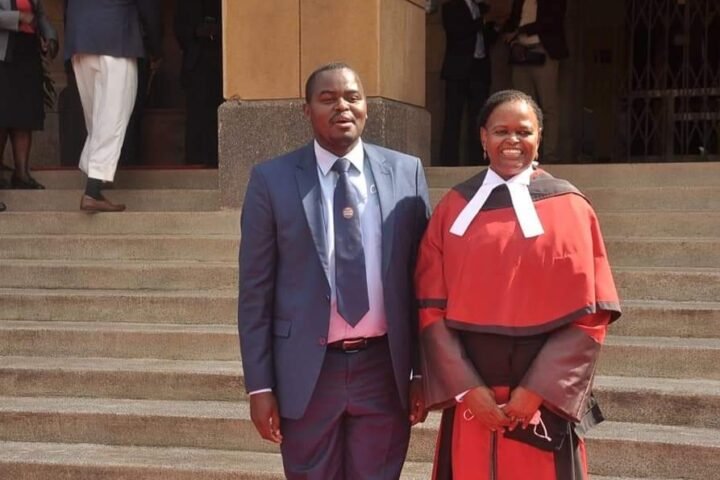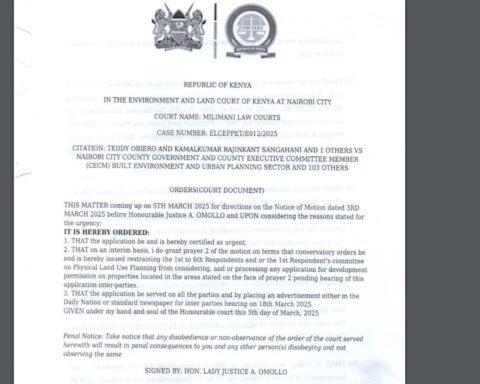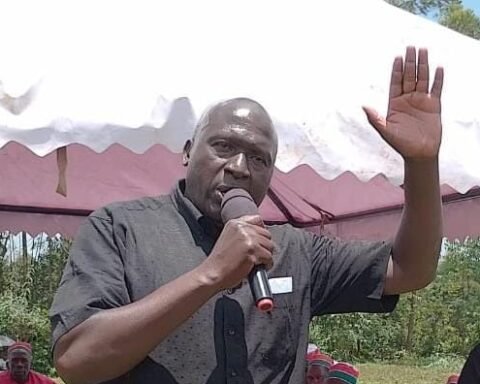Bangladesh’s top court has made a landmark decision to scrap most of the quotas on government jobs, a move that has sparked both jubilation and outrage across the country. This decision comes in the wake of violent clashes that have tragically claimed over 100 lives. The ruling is set to reshape the job landscape in Bangladesh, affecting thousands of job seekers and their families.
Historical Context
Background of Bangladesh’s Independence
Bangladesh’s journey to independence in 1971 was fraught with struggle and sacrifice. The war against Pakistan saw countless lives lost and a nation reborn from the ashes of conflict. Veterans of this war have long been regarded as national heroes, deserving of special recognition and privileges.
Initial Implementation of Job Quotas
In recognition of their sacrifices, the government introduced job quotas, reserving a significant portion of public sector jobs for the relatives of war veterans. This system aimed to honor the veterans’ contributions and support their families.
The Quota System
Explanation of the Original Quota System
The original quota system reserved one-third of all government jobs for the relatives of veterans. This included jobs in various public sectors, from administration to law enforcement. The intention was noble, aiming to provide a safety net for the families who had given so much for the country’s independence.
Percentage Distribution of Quotas
The quotas were distributed as follows: 30% for the relatives of war veterans, 10% for women, 5% for ethnic minorities, and the remainder for the general population. This system, however, led to growing discontent among the wider population, especially the youth.
Controversy and Clashes
Rising Discontent Among the Youth
As the years passed, the younger generation began to see the quota system as a barrier to their own career opportunities. The lack of merit-based job placements led to frustration and anger, particularly among university students who felt their hard work and qualifications were being overlooked.
Violent Protests and Their Impact
The discontent reached a boiling point, culminating in widespread protests. The clashes between students and law enforcement turned violent, resulting in over 100 deaths and numerous injuries. The severity of these protests highlighted the deep-rooted issues within the quota system.
The Court Ruling
Details of the Court Decision
In a groundbreaking decision, the court ruled that only 5% of government jobs could be reserved for the relatives of war veterans. This ruling significantly reduces the quota from the previous 30%, aiming to create a more equitable job market.
Reasons Behind the Ruling
The court cited the need for fairness and meritocracy in government job placements as the primary reason for the ruling. The decision was also influenced by the widespread protests and the urgent call for reform from various sections of society.
Government’s Response
Statements from Law Minister Anisul Huq
Law Minister Anisul Huq announced that the government would implement the court’s ruling within days. He emphasized the government’s commitment to upholding the law and ensuring a fair job market for all citizens.
Government’s Plan for Implementation
The government plans to swiftly adjust the job allocation process to comply with the new ruling. This includes revising job advertisements, application processes, and selection criteria to reflect the reduced quota for veterans’ relatives.
Student Leaders’ Reaction
Continued Protests and Demands
Despite the court’s ruling, some student leaders have vowed to continue their protests. They argue that even a 5% quota is too high and that all government jobs should be based solely on merit.
Statements from Student Leaders
Student leaders have made passionate statements, calling for an end to all forms of job reservation. They believe that a merit-based system is the only way to ensure true equality and fairness in the job market.
Impact on Veterans’ Families
Reduced Quotas and Their Implications
The reduction in quotas has left many veterans’ families concerned about their future prospects. For decades, these families have relied on the job reservations as a source of stability and recognition for their sacrifices.
Voices of the Veterans’ Families
Some veterans’ families have expressed their disappointment and fear that the new ruling will erode the recognition and support they have historically received. They are calling for alternative measures to honor and support their contributions.
Public Opinion
General Public’s Reaction to the Ruling
The general public’s reaction has been mixed. While many support the move towards a merit-based system, others sympathize with the veterans’ families and fear the social repercussions of such a drastic change.
Media Coverage and Social Media Reactions
Media coverage has been extensive, with various news outlets highlighting different aspects of the ruling. Social media has seen a flurry of opinions, with hashtags trending both in support of and against the decision.
Political Implications
How the Ruling Affects the Government
The ruling has significant political implications. The government, while supporting the court’s decision, must navigate the delicate balance between maintaining public order and addressing the concerns of veterans’ families.
Opposition Parties’ Stance
Opposition parties have seized the opportunity to criticize the government, accusing it of failing to address the root causes of the discontent and mishandling the situation. This has added to the political pressure on the ruling party.
Economic Implications
Impact on Job Market and Economy
The immediate impact on the job market is expected to be substantial. With fewer reserved jobs, competition is likely to increase, potentially leading to higher productivity and efficiency in the public sector.
Long-term Economic Projections
In the long term, the shift towards a more merit-based system could benefit the economy by ensuring that the most qualified individuals fill critical positions. However, the transition period may be challenging as the job market adjusts to the new system.
Comparison with Other Countries
How Other Countries Handle Similar Issues
Many countries grapple with the challenge of balancing affirmative action with meritocracy. For example, India has a complex reservation system, while countries like the United States have affirmative action policies aimed at increasing diversity.
Lessons Bangladesh Can Learn
Bangladesh can learn from these international examples by developing a balanced approach that promotes both fairness and recognition of past sacrifices. Implementing support programs for veterans’ families outside the job market could be a viable solution.
Future of the Quota System
Potential Reforms and Future Outlook
The court ruling opens the door for further reforms. Experts suggest that a comprehensive review of the quota system could lead to a more balanced approach that addresses both meritocracy and the need to honor historical contributions.
Expert Opinions on the Quota System
Many experts advocate for a phased approach to quota reduction, combined with support programs for affected families. This could mitigate the immediate impact while moving towards a more equitable job market.
The scrapping of most government job quotas by Bangladesh’s top court marks a significant turning point in the country’s history. While the ruling aims to promote fairness and meritocracy, it also raises complex questions about how to honor the sacrifices of the past while building a future based on equality and opportunity. As Bangladesh navigates this challenging transition, the nation’s ability to balance these competing interests will be crucial.
FAQs
1. What was the quota system in Bangladesh?
The quota system reserved a significant portion of government jobs for the relatives of war veterans, women, ethnic minorities, and others, with the largest share going to veterans’ families.
2. Why did the court scrap most of the quotas?
The court ruled to promote fairness and meritocracy in government job placements, responding to widespread protests and calls for reform.
3. How will this ruling affect government jobs?
The ruling reduces the quota for veterans’ relatives to 5%, increasing competition and potentially leading to a more merit-based job market.
4. What are the reactions from student leaders?
Student leaders have vowed to continue protesting, demanding that all government jobs be based solely on merit without any reservations.
5. What’s next for the quota system in Bangladesh?
The future of the quota system is likely to involve further reforms and a balanced approach that addresses both meritocracy and support for veterans’ families.














